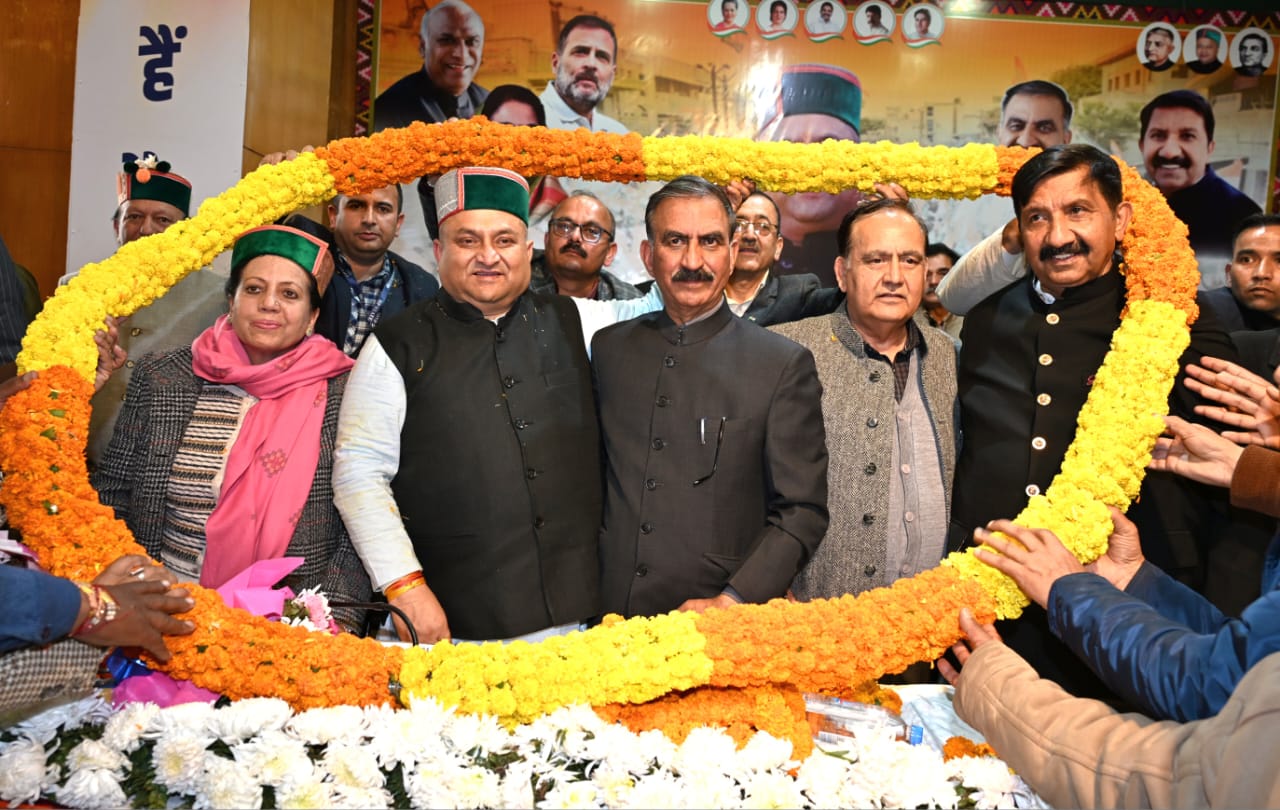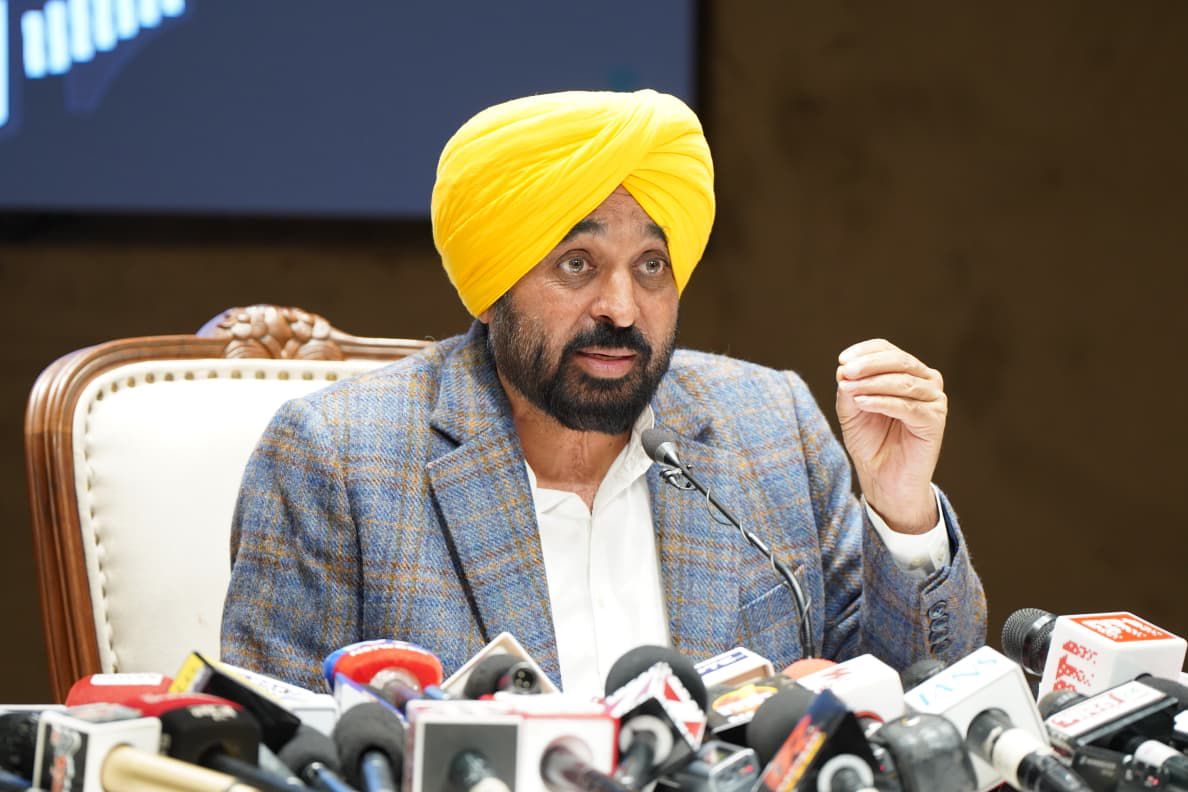The North News
New Delhi, March 24
The recent discovery of a stack of cash at the residence of Delhi High Court Judge Yashwant Varma has sent shockwaves through India’s legal and political circles. The revelation, now under a fact-finding inquiry by a three-judge committee appointed by Chief Justice of India (CJI) Sanjiv Khanna, raises grave concerns about the credibility and transparency of the country’s judiciary.
The integrity of the judicial system is paramount to any democracy, and this incident threatens to erode public trust in one of India’s most crucial institutions. While the judiciary often serves as the last bastion of justice and accountability, cases like these cast a long shadow over its impartiality and ethical standards.
The shocking facts came to light following a report submitted by Delhi High Court Chief Justice Devendra Kumar Upadhyaya, which highlighted the discovery of large sums of cash at Justice Varma’s official residence. Compounding the issue, the report also noted that the room in question had suffered fire damage, with charred debris hastily removed the following morning. These circumstances only add to the suspicion surrounding the incident.
Chief Justice Upadhyaya’s findings indicated that the room remained accessible only to those residing in the bungalow, along with servants, gardeners, and CPWD personnel. With no clear evidence of forced entry, the situation appears to demand a thorough and transparent investigation. A prima facie opinion within the report emphasized that the matter warrants deeper scrutiny, a sentiment echoed by legal experts and political observers alike.
In response, CJI Sanjiv Khanna constituted a three-member committee comprising Punjab and Haryana High Court Chief Justice Sheel Nagu, Himachal Pradesh High Court Chief Justice G.S. Sandhawalia, and Karnataka High Court Judge Anu Sivaraman. Additionally, the Delhi High Court administration has been instructed not to assign any further judicial work to Justice Varma while the investigation is underway.
Furthermore, Justice Varma has been asked to preserve all digital communications and refrain from deleting any messages or data from his mobile phone, signaling that investigators are looking into potential links between the recovered cash and any digital evidence that may emerge.
The judiciary in India has long prided itself on being an independent and fair arbiter of justice. However, allegations of corruption and ethical breaches among judges have emerged from time to time, weakening public confidence. This latest episode is particularly damaging, as it suggests the possibility of financial misconduct at one of the highest levels of the judiciary.
Beyond the specifics of this case, the incident calls into question broader issues of transparency, accountability, and judicial oversight. How did such a significant amount of cash end up in a judge’s residence? Was this an isolated incident, or part of a larger systemic problem? Most crucially, will the judiciary act decisively and impartially in handling one of its own?
The Supreme Court’s willingness to initiate a probe is a step in the right direction. As the fact-finding committee proceeds with its inquiry, the Indian public will be watching closely. At stake is not just the reputation of a single judge but the credibility of an institution that forms the bedrock of India’s democratic framework. The judiciary must seize this moment to reaffirm its commitment to justice, transparency, and accountability—or risk further erosion of the very trust it seeks to uphold. However, Justice Varma has denied all allegations.
















